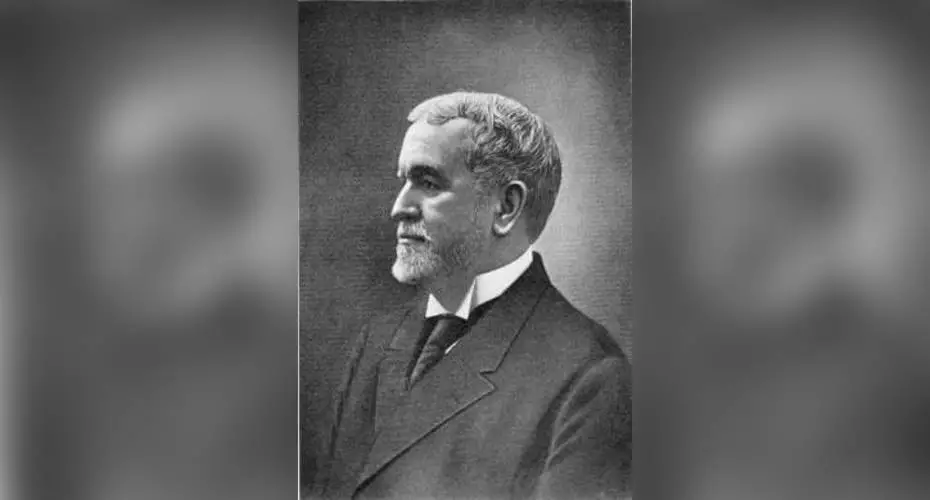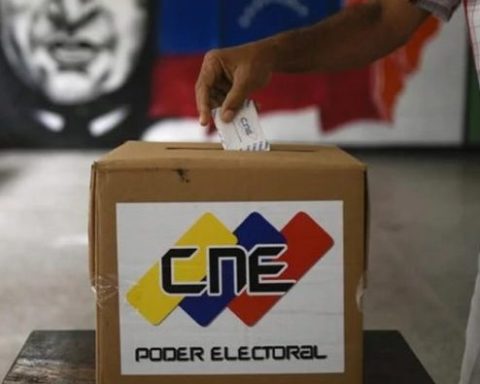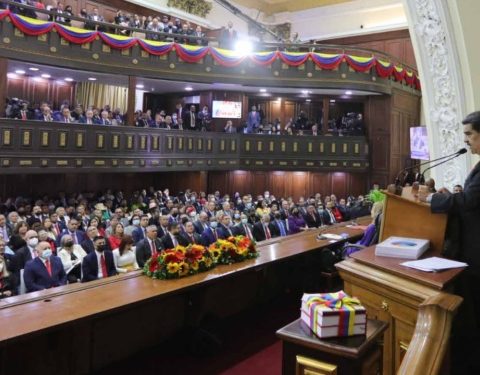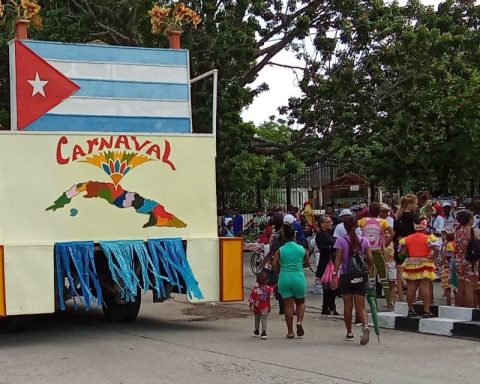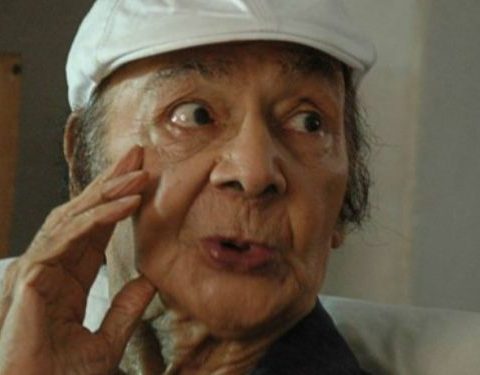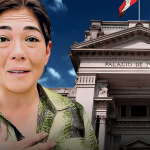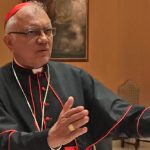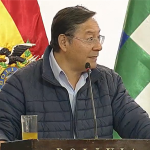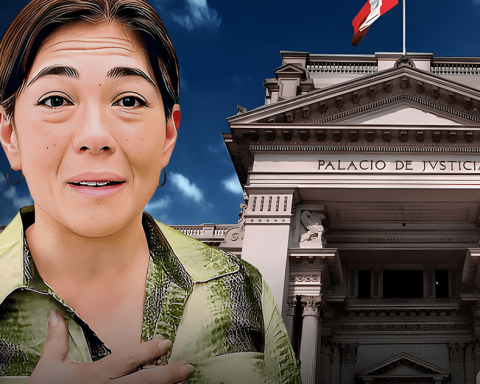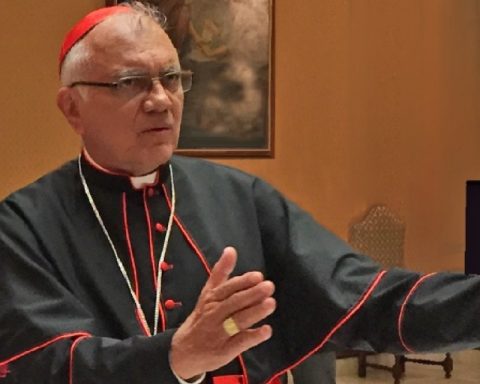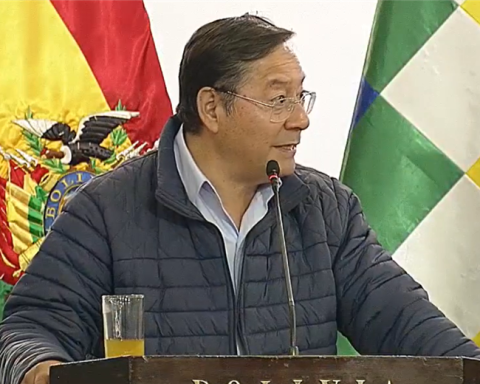LAS TUNAS, Cuba. — Under the reins of the Castro-communist regime that just turned 64 years old last January 1, always under the command of the brothers Fidel and Raúl Castro, today, trying to appear democratic legitimacy in the person of an appointed and non-elected ruler, Cuba lives a civic and moral crisis that not only encompasses the institutions of the State, but also the family, since it damages the fundamental fabric of any nation.
Although it may seem incredible, today we Cubans lack the basics that our elders possessed to tame their sheepish or aggressive ways and transform them into citizens after centuries of colonization and years of war. We lack thinkers and people like that intellectual who wrote a little volume of 260 pages and barely 16 centimeters high by 12 centimeters wide, printed in La moderna poesía and that, adapted for teaching by Dr. Carlos de la Torre y Huerta, was prefaced on October 1, 1902 by Dr. Enrique José Varona to integrate the Library of the Cuban Master collection, with an unavoidable title in the formation not only of the recently proclaimed Republic of Cuba, but also of any nation that sought people within it honest.
The work in question is Principles of morality and civic instruction and it was written by Rafael Montoro y Valdés, who was the founder, in 1878, of the Liberal Party (Autonomist), which José Martí called “the permanent mistake”.
According to Rafael Montoro, one of the most educated and distinguished Cubans of his time, whose genius transcends contemporary times, we Cubans were not prepared to have a sovereign republic (understood: administering the nation and living in a civilized way), for which reason later of 56 years of republican governments (1902-1958), which included two dictatorships and not a few corrupt administrations, and of a totalitarian communist regime, which has already lasted for 64 years (1959-2023), making an exercise in abstraction and with respect to According to José Martí, this perpetual “mistake” of the autonomists, today it is legitimate to think that perhaps Montoro, who died just as the dictatorship of the pro-independence general Gerardo Machado fell, questioned the martyr of Dos Ríos saying: “What have they served you for? 121 years of independence for Cubans, to nest dictators and thieves?
Rafael Montoro was born in Havana on October 24, 1852 and died in his hometown on August 14, 1933, close to his 81st birthday. Montoro had studied at the El Salvador school and at the age of 12, in 1864, visited France , England and the United States, the latter country where he studied secondary education.
Back in Cuba, Rafael Montoro was a disciple at the San Francisco de Asís school of Enrique Piñeyro and Juan Clemente Zenea; Oratory student of Antonio Zambrana. Montoro would become a brilliant orator, not only for the use of the precise word, but also for the use of logic.
In 1868 he returned to France, later moving to Spain, where he began studying Law and carried out extensive intellectual work during the ten years he lived in that country.
In 1886 Montoro was elected deputy to the Spanish Cortes and in 1897 King Alfonso XIII granted him the title of Marqués de Montoro. In 1898, during the brief autonomist government, he was Secretary of the Treasury. Already in the republic and during the administration of Tomás Estrada Palma, he was Cuba’s ambassador to England and Germany; during the presidencies of Alfredo Zayas and Mario García Menocal served as Secretary of State. In the academic field, Rafael Montoro was a member of the Royal Spanish Academy, the National Academy of Arts and Letters, since its foundation in 1910, and entered the Academy of History of Cuba in 1926.
A man of broad intellectual and political capacity and rectitude of principles, Rafael Montoro was a lawyer, historian, essayist, art critic and prolific writer, including in the press, where he published more than 350 articles in Cuban, Spanish and United States media, in which he addressed economic, political, philosophical, art criticism and sociological issues, with a clear influence of Immanuel Kant and Hegel (Georg Wilhelm Friedrich), particularly in his philosophical conception that “it is in thought where freedom resides” .
Almost all of Rafael Montoro’s work was published while he was alive and collected in four volumes published shortly before his death.
Due to the public, current, necessary utility that Cubans of the generations after 1959 have to delve into decorum and civility, we will review in the next article essential sections of Principles of morality and civic instruction.
OPINION ARTICLE
The opinions expressed in this article are the sole responsibility of the person who issues them and do not necessarily represent the opinion of CubaNet.
